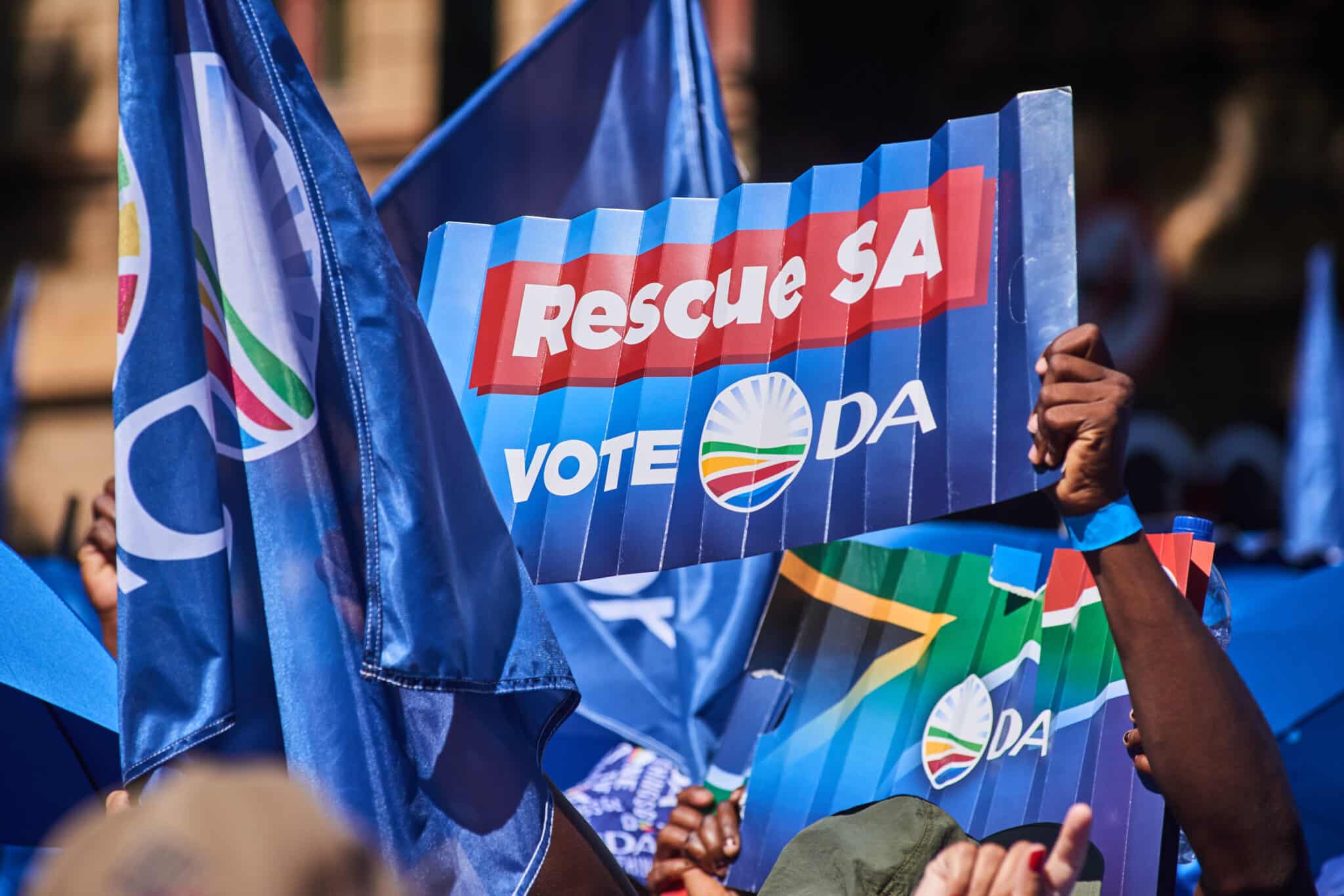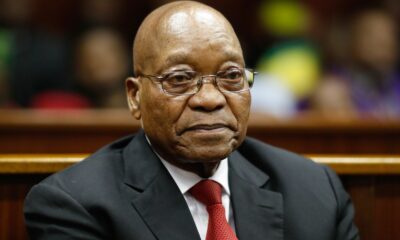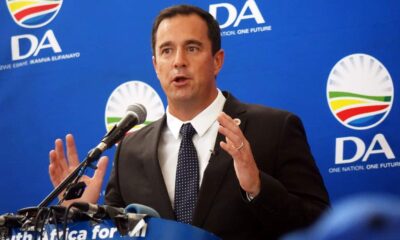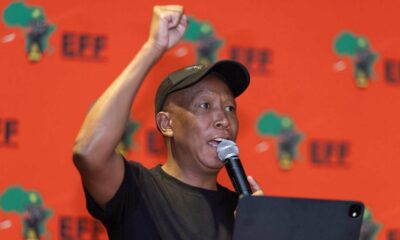411
Legal Power Play? DA’s Court Challenges Spark Fears of a Stalled Transformation Agenda

South Africa’s transformation agenda is under pressure, and critics say the Democratic Alliance (DA) is to blame. The party’s repeated court challenges to key government policies are raising red flags for those committed to reducing inequality and uplifting historically marginalized communities.
While the DA is part of the Government of National Unity (GNU), its courtroom activity tells a different story—one of resistance rather than collaboration.
Taking Reform Battles to the Courts
From the Employment Equity Act to land reform and social grant expansions, the DA has turned to the judiciary to block or delay policies aimed at economic and social redress. Most recently, it challenged amendments to the Employment Equity Act intended to speed up transformation in the workplace.
The Pretoria High Court has reserved judgment in that case, but the political message is clear: the DA is willing to oppose transformative legislation, even from within the GNU framework.
Critics argue these tactics are more than legal disagreements—they are part of a deliberate strategy to stall progress.
“Anti-GNU and Anti-Transformation”
Political analyst Joe Mhlanga believes the DA’s actions reflect deeper political motives.
“The DA is anti-GNU; they’re using the courts as a political weapon to undermine reforms,” Mhlanga said.
He argues the party’s legal actions disproportionately favor elite interests while delaying efforts to improve the lives of the poor.
“They operate through the judiciary to push their own agenda—one that does not prioritize transformation or equity.”
Mhlanga believes this tactic has become a recurring pattern—using legal delay as a form of governance obstruction.
Transformation Must Be Defended, Say ANC Leaders
Some ANC leaders are no longer staying silent. Andile Lungisa, a National Executive Committee member, called the DA’s court challenges “mischievous and provocative.”
“Transformation is uncomfortable for those who benefited from inequality—but that discomfort is no reason to slow down.”
Lungisa emphasized the need for legislative speed to counter legal roadblocks and maintain momentum on race, gender, and disability equality.
A Divided Government of Unity?
Although the GNU aims to foster collaboration, the DA’s courtroom interventions raise questions about how unified the coalition truly is. Is it possible for a party to govern while systematically challenging core policies from the same government?
This tension reflects deeper ideological divides—and the risk, analysts say, is that urgent reforms get trapped in legal limbo, while inequality persists.
Calls for Opposition Unity and Judicial Responsibility
Mhlanga urged opposition parties—including the MK party and other progressive forces—to use their majority in Parliament to counterbalance the DA’s disruptions.
“The courts should not be used to stall justice. And parties that genuinely believe in transformation must stand together.”
His message is simple: if South Africa is serious about closing the inequality gap, it cannot afford to let policy battles be won or lost in courtrooms alone.
{Source: IOL}
Follow Joburg ETC on Facebook, Twitter , TikTok and Instagram
For more News in Johannesburg, visit joburgetc.com



























